
For any high-performance individual, balancing a demanding work schedule, intense training, family life and optimal recovery is essential for sustained success.
Recovery isn't just about rest—it's an active process supported by strategic nutrition, supplementation, and habits. Here’s a detailed look into how one person can balance it all, focusing on training, recovery, and nutrition, with caffeine and supplements to boost performance.
5:00 AM – Morning Hydration & Supplements

The day starts early with hydration: a glass of water mixed with a pinch of sea salt for electrolytes, followed by 500 mg of vitamin C to support the immune system and reduce oxidative stress from training. Alongside, 5g of creatine monohydrate is taken to enhance strength and muscle endurance during the upcoming workout.
For an extra boost of energy and focus, this high performer enjoys a cup of black coffee or green tea. Caffeine not only sharpens mental clarity but also improves workout performance by increasing endurance and delaying fatigue. Caffeine dose: ~100-150 mg to avoid any afternoon crashes.
5:30 AM – High-Intensity Morning Workout
With the caffeine boost kicking in, it’s time for the day’s workout: a 60-minute session focused on compound strength training and HIIT. The workout consists of heavy lifts like deadlifts, squats, and bench presses, followed by a fast-paced HIIT circuit to boost cardiovascular fitness.
To enhance blood flow and energy during the workout, beta-alanine (2-3g) and L-citrulline (6g) are taken 15-20 minutes before starting. These supplements help reduce fatigue, buffer lactic acid, and increase nitric oxide levels, improving endurance and strength output during the workout.
6:45 AM – Post-Workout Ice Bath & Sauna

After the workout, it’s time to dive into recovery mode. First, there’s a 10-minute ice bath in a Recover ice bath to rapidly reduce inflammation and soothe sore muscles. This cold exposure helps flush out metabolic waste and promotes quicker recovery from the morning's intense training.
Next, it’s into the Recover infrared sauna for 15-20 minutes. The heat from the sauna increases circulation, relaxes tight muscles, and aids in detoxification. The contrast of cold and heat therapy not only accelerates recovery but also enhances mental clarity and reduces stress.
7:15 AM – Breakfast: Fueling Recovery
Post-workout nutrition is vital to kickstart muscle recovery. Breakfast is designed to be nutrient-dense, supporting recovery and replenishing energy stores. The meal includes:
- 5 scrambled eggs for high-quality protein and essential amino acids to support muscle repair.
- 1 cup of oatmeal topped with blueberries and chia seeds for slow-digesting carbs, fiber, and antioxidants.
- A side of avocado for healthy fats, which reduce inflammation and support joint health.
- A protein shake with 20-30g of whey protein and a scoop of glutamine to further promote muscle recovery and reduce soreness.
To aid digestion and improve gut health, a probiotic supplement is taken alongside breakfast.

8:30 AM – High-Performance Work Mode
The morning is all about maximizing productivity. Fueled and recovered from the workout, he dives into deep work—tackling critical tasks when focus and energy are at their peak. Breaks are scheduled every 90 minutes to stretch, walk, and ensure the body stays limber after the earlier training session.
Caffeine Check: If a second dose of caffeine is needed to power through the morning, a small cup of green tea is the go-to choice, providing a gentle pick-me-up without the risk of an afternoon crash.
12:30 PM – Lunch: Optimizing Nutrition for Recovery
Lunch is carefully curated to continue the recovery process while supporting cognitive performance for the rest of the workday. The meal includes:
- Grilled salmon for lean protein and omega-3 fatty acids, which are key for reducing muscle inflammation.
- Quinoa for slow-digesting carbohydrates to provide steady energy throughout the afternoon.
- A large mixed salad with spinach, kale, and cherry tomatoes drizzled with olive oil for extra antioxidants and healthy fats to further combat inflammation.
Supplement tip: A turmeric/curcumin supplement is taken with lunch to help reduce muscle soreness and lower inflammation levels after the morning workout.
3:00 PM – Afternoon Active Recovery & Mindfulness

As work progresses, incorporating active recovery is crucial. A brief walk or stretch session every hour keeps muscles from tightening up and boosts circulation. The afternoon includes a 10-minute mindfulness meditation to lower cortisol levels, reduce stress, and maintain mental clarity.
6:00 PM – Evening Recovery Routine & Yoga
After a productive day, it’s time to focus on recovery. First, a 20-minute yoga session helps stretch out tight muscles, focusing on deep breathing and flexibility. This gentle movement encourages relaxation and prepares the body for sleep later in the evening.
After yoga, another session in the infrared sauna helps flush out toxins, loosen up the muscles, and soothe any lingering soreness from the morning workout.
7:30 PM – Dinner: Recovery Through Anti-Inflammatory Foods

Dinner is centered around clean, anti-inflammatory foods to aid overnight recovery:
- Grilled chicken breast for lean protein.
- Roasted sweet potatoes for complex carbohydrates, replenishing glycogen stores.
- A serving of steamed broccoli and Brussels sprouts to provide fiber, vitamins, and antioxidants.
- A side of fermented vegetables like kimchi or sauerkraut for gut health.
This nutrient-dense meal supports muscle repair, reduces inflammation, and prepares the body for optimal recovery during sleep.
9:00 PM – Evening Supplements & Sleep Routine
As bedtime approaches, the focus is on winding down for quality sleep. To calm the nervous system and improve sleep quality, a nighttime supplement stack includes:
- Magnesium glycinate (300-400mg) to relax muscles, lower cortisol levels, and improve sleep quality.
- Zinc (30mg) to support immune function and hormone regulation.
- Ashwagandha or L-theanine to reduce stress and promote relaxation.
A 15-minute light stretch routine is performed before bed to release any tension from the day, followed by reading or listening to calming music. By avoiding screens, blue light exposure is minimized, and the body prepares for deep, restorative sleep.

10:00 PM – Lights Out for Recovery
By 10:00 PM, it’s lights out. 7-8 hours of quality sleep is crucial for muscle repair, mental clarity, and overall well-being. The Oura Ring tracks sleep quality, heart rate variability (HRV), and readiness, ensuring recovery is on track for another day of high performance.
This high-performance individual doesn’t just focus on working and training hard—he recovers hard, too. By integrating ice baths, infrared saunas, mindful nutrition, and targeted supplements, he maximizes his recovery to sustain peak physical and mental performance daily.




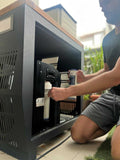
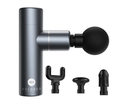




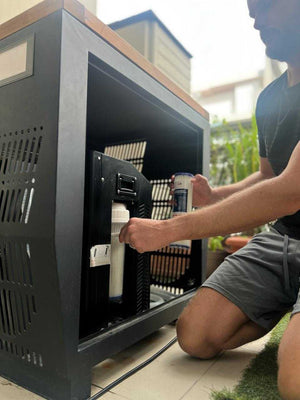
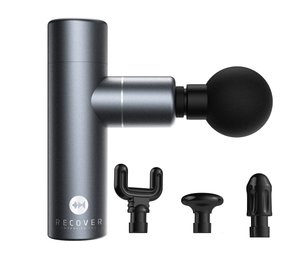
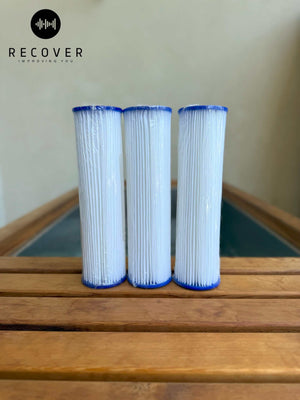



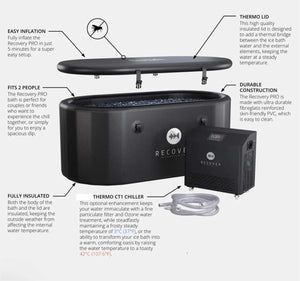
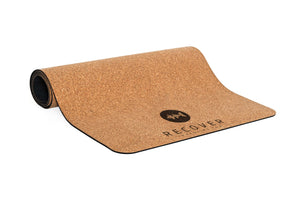
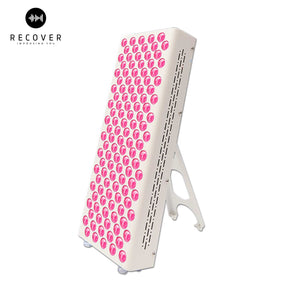
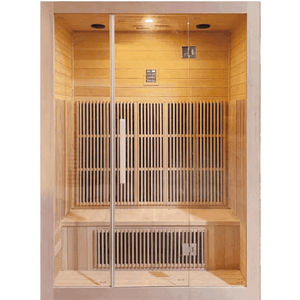
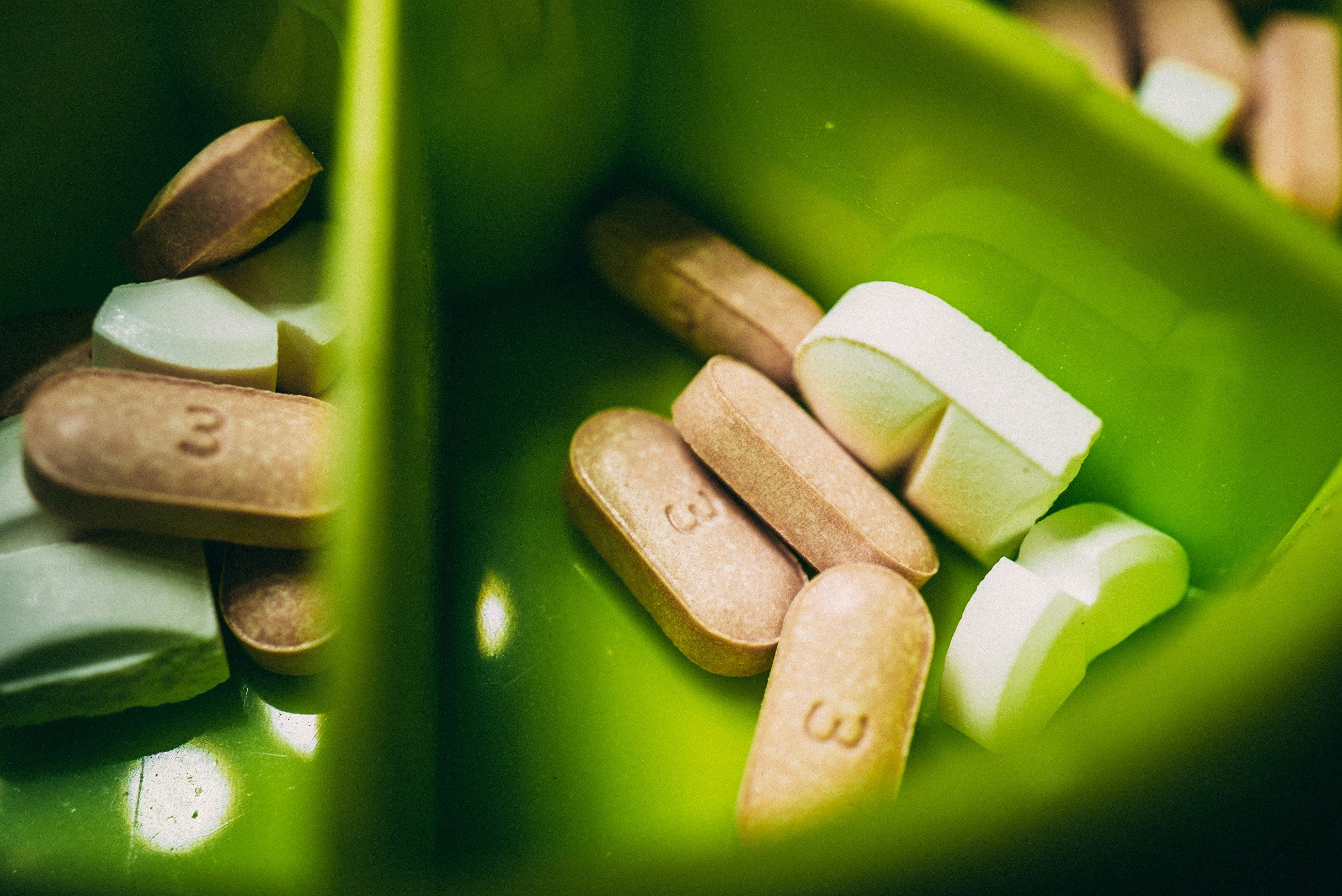
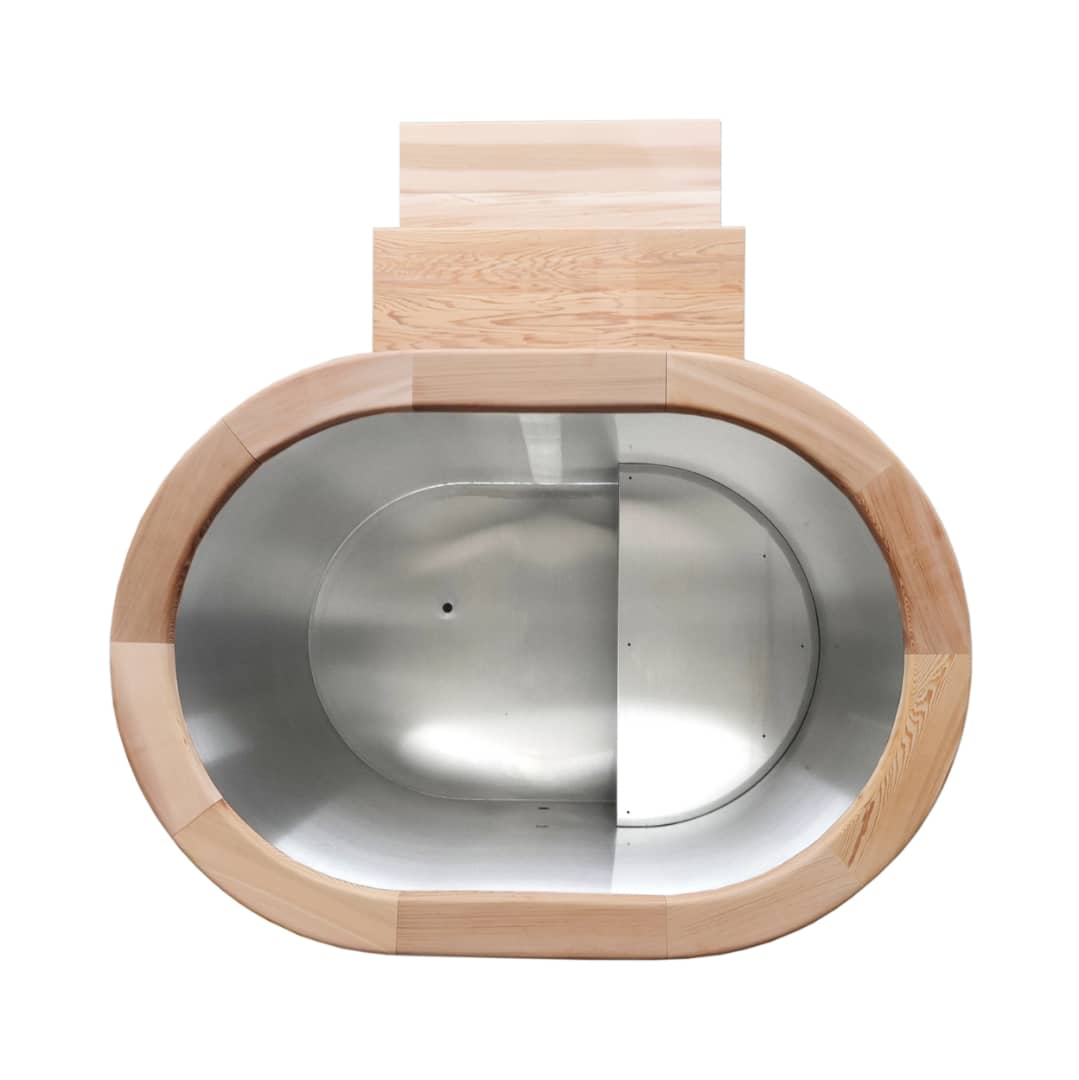
Leave a comment
This site is protected by hCaptcha and the hCaptcha Privacy Policy and Terms of Service apply.